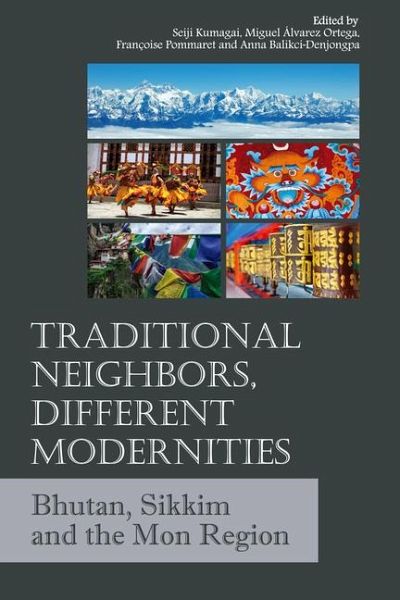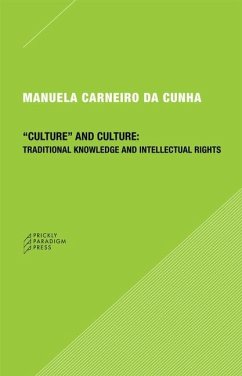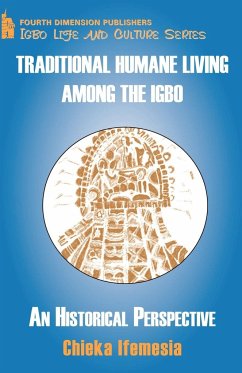
Traditional Neighbors, Different Modernities
Bhutan, Sikkim and the Mon Region
Herausgeber: Denjongpa, Anna Balikci; Kumagai, Seiji; Pommaret, Françoise; Ortega, Miguel Álvarez
Versandkostenfrei!
Versandfertig in über 4 Wochen
46,99 €
inkl. MwSt.

PAYBACK Punkte
23 °P sammeln!
Lying in the southeastern Himalayas, Bhutan, Sikkim and the Mon region show a rich and complex development as a contact area of intricate multi-layered cultural tapestries. The area is a fascinating crossroads between, and is therefore influenced by, Central Tibet to its north and Nepal and India to its south. These three regions are not only neighbors that once shared a blurred contact zone but also entities that present both clear sociohistorical similarities and dissimilarities. Even if all three territories developed culturally in multi-ethnic contexts in which Tibetan groups and their Mah...
Lying in the southeastern Himalayas, Bhutan, Sikkim and the Mon region show a rich and complex development as a contact area of intricate multi-layered cultural tapestries. The area is a fascinating crossroads between, and is therefore influenced by, Central Tibet to its north and Nepal and India to its south. These three regions are not only neighbors that once shared a blurred contact zone but also entities that present both clear sociohistorical similarities and dissimilarities. Even if all three territories developed culturally in multi-ethnic contexts in which Tibetan groups and their Mahayana-Tantric form of Buddhism played a clear central role, their singular identities and political configuration and history are notably divergent, as exemplified by their relationships with the British empire and experience of Nepalese migration. This three-part collective volume, covering Religion and Culture (I), Society and Education (II) and Law and Politics (III), aims to provide a forum for the latest scholarship on the southeast Himalayas, adopting a relational and comparative approach, and exploring how each region deals with a wide range of cultural and identity issues in the pressing context of modernization and globalization.












![Kaffir Folk-lore [microform]: a Selection From the Traditional Tales Current Among the People Living on the Eastern Border of the Cape Colony; With Cover Kaffir Folk-lore [microform]: a Selection From the Traditional Tales Current Among the People Living on the Eastern Border of the Cape Colony; With](https://bilder.buecher.de/produkte/65/65562/65562267n.jpg)